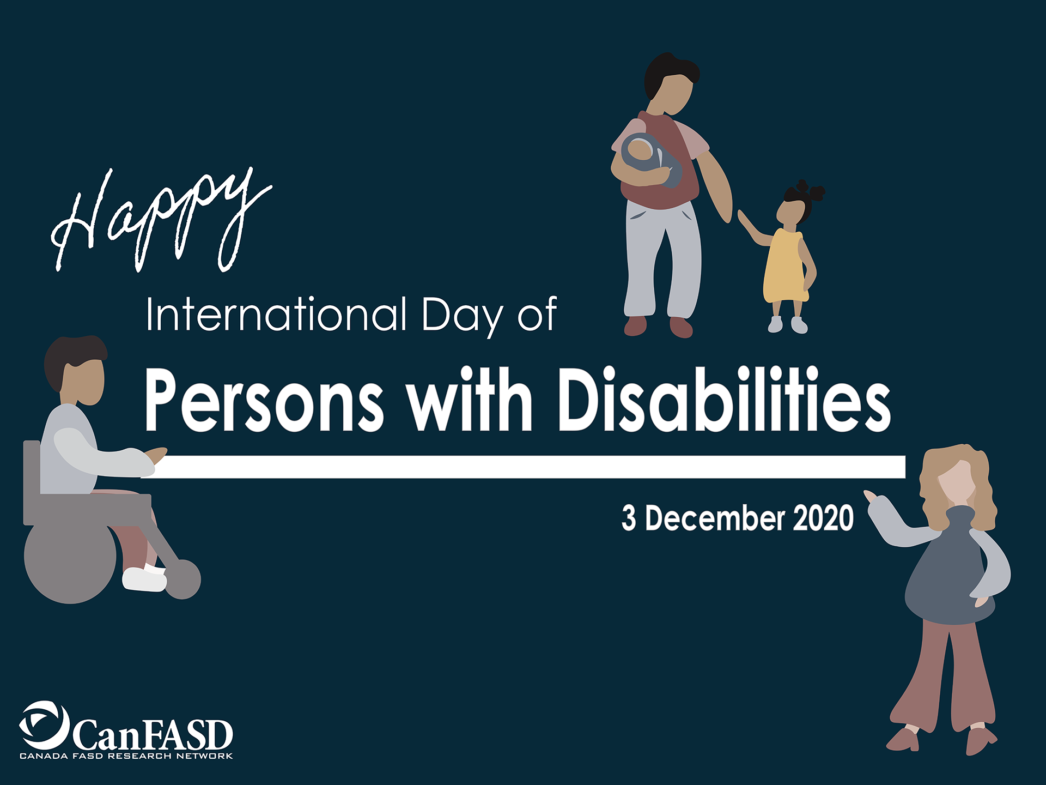“Realizing the rights of people with disabilities is not only a matter of justice; it is an investment in a common future” – The United Nations
The goal of the International Day of Persons with Disabilities is to raise awareness of disabilities and promote the rights and well-being of people with disabilities in all aspects of life. In honour of this day, we are releasing our latest issue paper: the Unique Complexities of Fetal Alcohol Spectrum Disorder.
FASD is Canada’s leading developmental disability, affecting an estimated 4% of the population, but awareness and understanding of FASD in our country are lacking. FASD is an extremely complex disability that intersects with many different fields. The more people understand this disability and its impacts, the better equipped our society will be to identify those with FASD, support their success, and foster positive outcomes.
FASD is a socially-rooted disability that can impact multiple generations. FASD is also highly stigmatized, which affects individuals, caregivers, other family members, and the community in many different ways. People with FASD also tend to experience complex and chronic adversity, as well as high rates of mental health challenges. All of these factors interact in a way that increases vulnerability among people with FASD and require unique considerations to understand and adequately support this group.
The complexities of this disability are what make it unique, and also potentially misunderstood. Although many disability groups experience similar challenges, FASD is distinct in that these challenges often occur at the same time, at greater magnitudes, and with greater complexity than in other groups.
We need to recognize that FASD is a common disability and that working with this population requires empathy, flexibility, creativity, resourcefulness, and cross-disciplinary collaboration. We need to work toward better understanding all of the intersecting factors and challenges facing this community through an FASD-informed lens. This will help us to identify solutions that promote the long-term wellbeing of these individuals, their families, and their communities.
Read the full issue paper.

